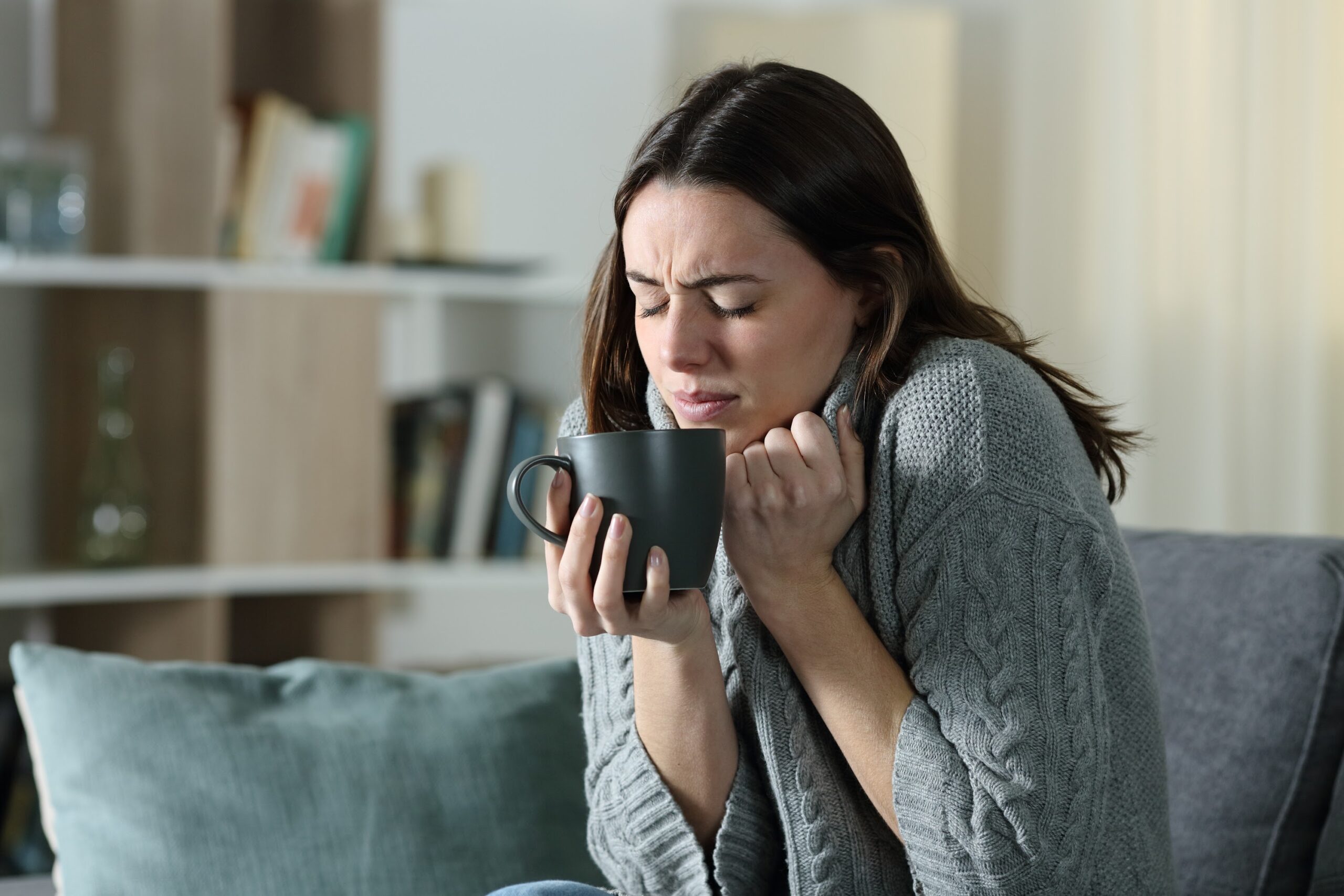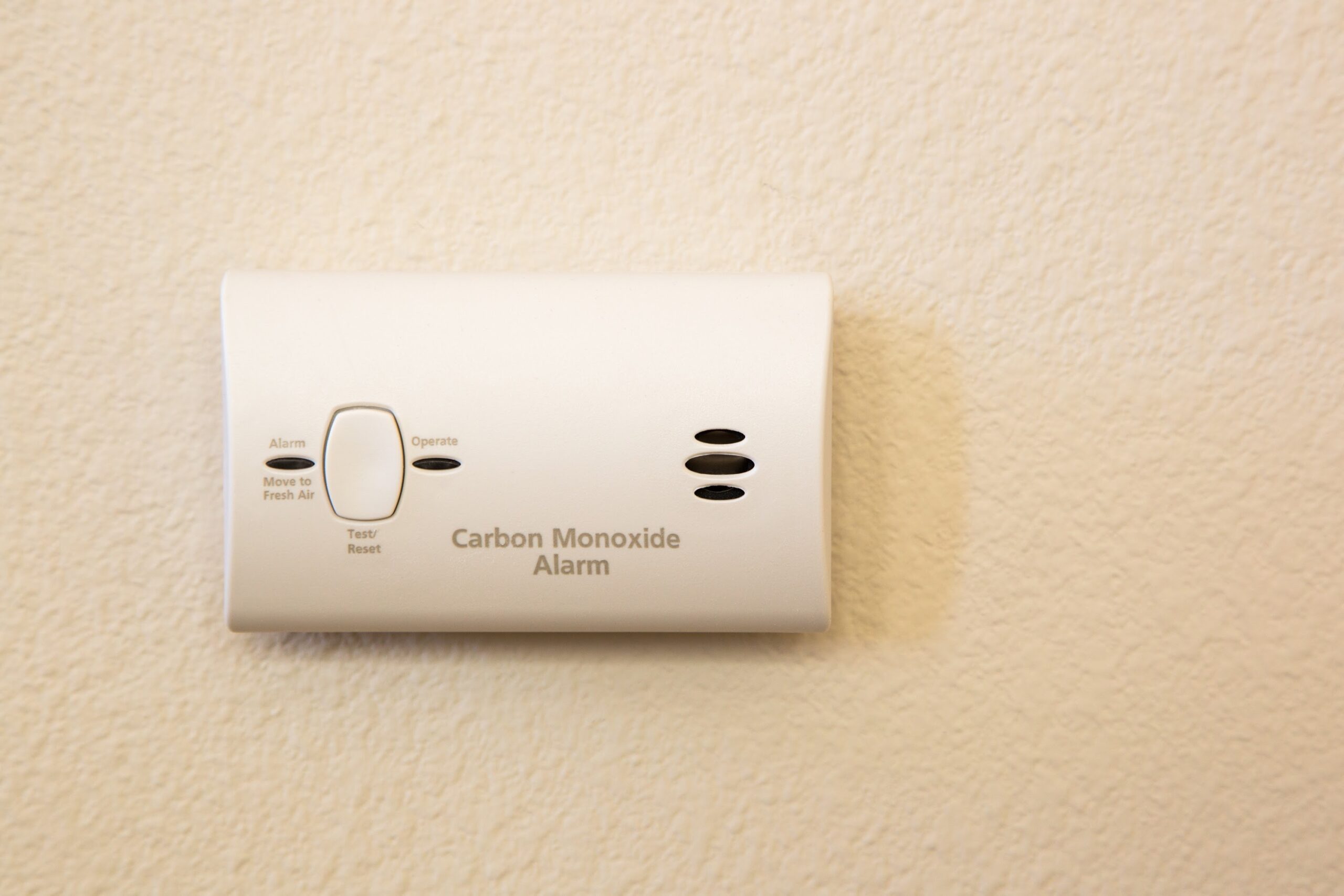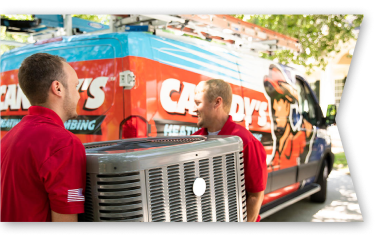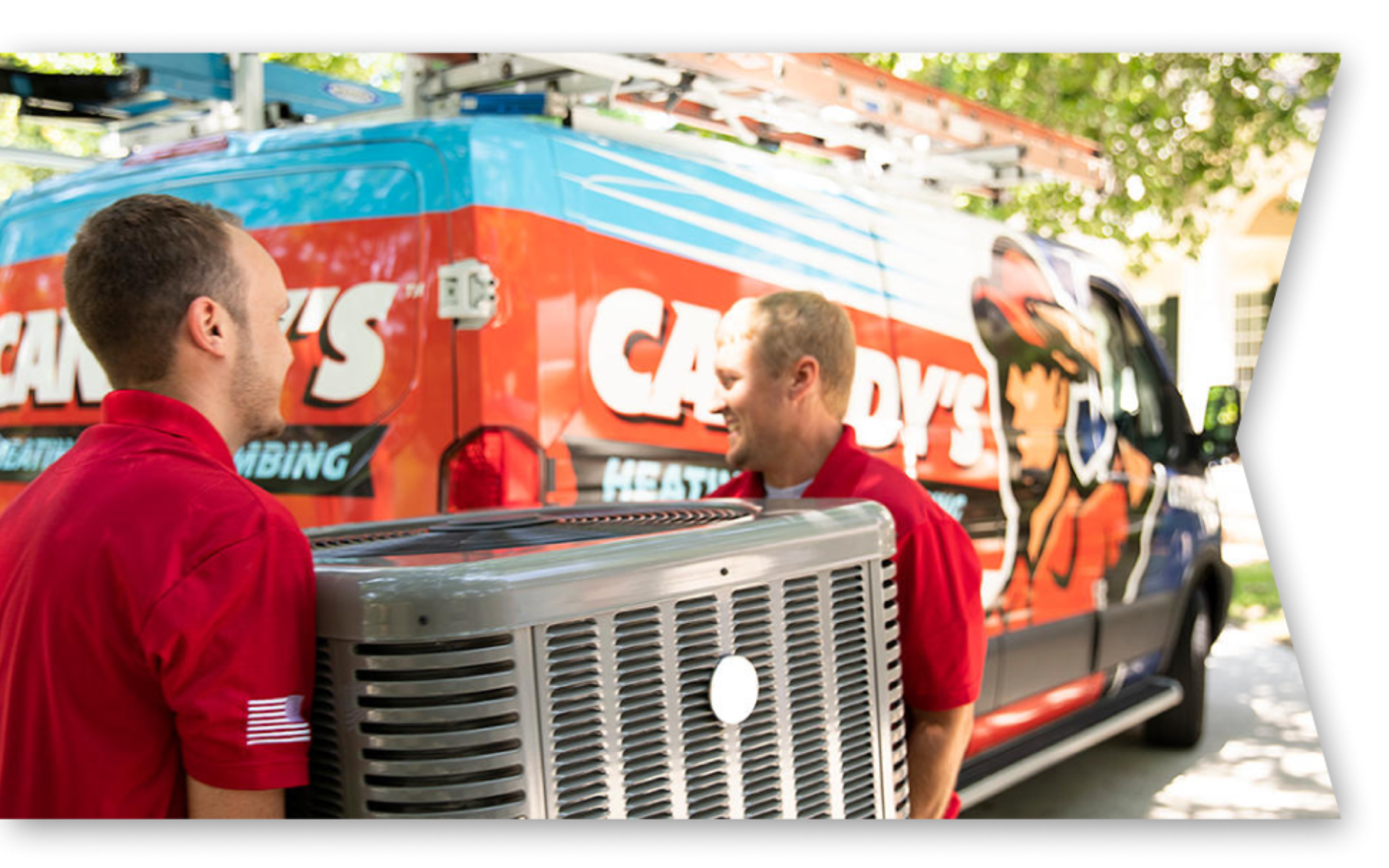Average toilets can manage natural waste and a reasonable amount of toilet paper, but flushing other items can lead to expensive plumbing emergencies. Everything else, from kitty litter to paper towels, can have trouble passing through a home’s pipes — often leading to water backups, clogged drains, and environmental damage.
Keep tabs on what should and should not make its way down your drain to prevent costly and inconvenient problems with your plumbing system.
1. Paper Towels
Built for durability when cleaning up spills, paper towels have a hard time dissolving, leading to clogged toilets and septic tank problems. Always throw away used paper towels in a trash can for proper removal.
2. Feminine Products
Feminine products — such as tampons and sanitary pads — are ultra absorbent and designed to soak up liquids and expand. When flushed down the toilet, these items can cause the water to overflow or back up, leading to considerable damage that requires professional attention.
3. Kitty Litter
Even your favorite “flushable” cat litter can cause costly plumbing issues. As the clay and sand that the litter is made of binds to moisture within your pipes, hard lumps remain. What’s more, potentially toxic parasites may enter your water supply if litter is flushed down the toilet.
4. Wet Wipes
While wet wipes seem a lot like toilet paper, they are non-biodegradable which means they can aggressively stand up against water. These durable cloths are made to wipe away dirt and grime, but your sewer system was not designed to effectively handle their removal.
5. Dental Floss
Even though the floss we use to ensure optimal dental health is small and thin, it doesn’t dissolve well. This can lead to clogs, overflows, and backups that can destroy your plumbing system. Be sure to dispose of your dental floss in your trash basket and never flush floss down the toilet.
6. Bandages
Different types of bandages often feature adhesives that can stick to other items lingering within the pipes, leading to major clogs. Also, some bandages can pollute plumbing and sewer systems, because they are made of non-biodegradable plastic.
7. Hair
Whether it’s a small clump from your comb, sink, or tub, keep the hairballs out of your home’s toilet. Because hair often adheres to the inside of pipes, long-term buildup can cause clogged drains. Also, using drain covers in the shower can go a long way in protecting your plumbing system.
8. Cooking Grease
While it’s generally common knowledge not to pour grease down the kitchen sink, it’s also not advisable to flush it down the toilet. Significant clogs and blockages can form within your plumbing system when congealed grease solidifies, leading to expensive repairs.
9. Disposable Diapers
Disposing of diapers is not the most fun part of parenthood. But keep in mind that your pipes were not designed to flush diapers through them. Prevent major pipe clogs by placing diapers in a small plastic back and tossing them into your garbage.
10. Gum
We all know how sticky chewing gum is, so it’s easy to understand why we don’t want gum or other sticky substances in our plumbing pipes. All different types of insoluble gum can block water from freely flowing throughout your system — and it can lead to long-term challenges with the septic tank.
From drain cleaning and sewer line cleaning to water leak repairs and any number of plumbing services, Canady’s Heating, Air & Plumbing provides plumbing solutions that keep your systems running smoothly. That’s why we serve our valued clients in Savannah, Richmond Hill, Pooler, and beyond with the highest level of customer service for all of your plumbing needs. Contact us today to schedule a plumbing repair, request a quote, and more!







